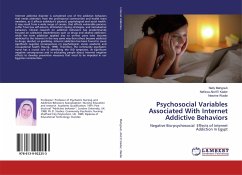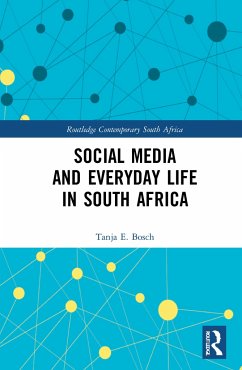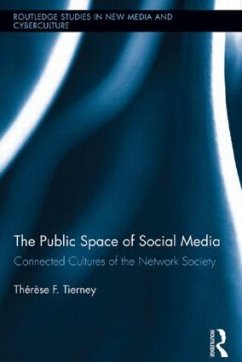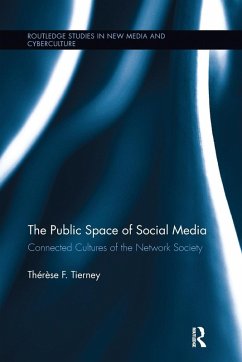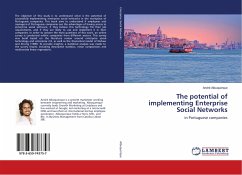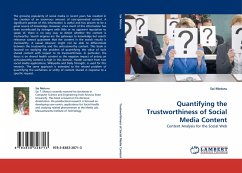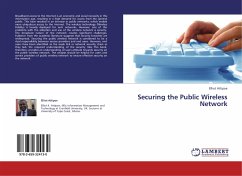
Occupy the Cyberspace: Social Media as a Public Sphere
Causal Layered Analysis (CLA) applied within the Egyptian Context
Versandkostenfrei!
Versandfertig in 6-10 Tagen
64,99 €
inkl. MwSt.

PAYBACK Punkte
32 °P sammeln!
The central idea is 'the future.' The analysis reveals the fact that uncertainty shall never be an enemy to thinkers and scholars; in contrast, to critically question the past and the present will lead to developing 'alternative futures.' The future is made not predicted. In addition, the problem with mainstream future writings is that they are not inclusive. The content is focusing on asking 'who is missing?' to ensure bringing to the conversation all the vulnerable and unheard voices and perspectives. Then, there is the discourse describing the issue or the phenomena; this discourse in itsel...
The central idea is 'the future.' The analysis reveals the fact that uncertainty shall never be an enemy to thinkers and scholars; in contrast, to critically question the past and the present will lead to developing 'alternative futures.' The future is made not predicted. In addition, the problem with mainstream future writings is that they are not inclusive. The content is focusing on asking 'who is missing?' to ensure bringing to the conversation all the vulnerable and unheard voices and perspectives. Then, there is the discourse describing the issue or the phenomena; this discourse in itself could be the problem. Futurists seek analyzing the varied discourses across times and actors. Finally, the myth or metaphor as a deeply-rooted thoughts and believes within any culture that shape and direct the overall discussion of any topic. Behind these myths and metaphors, the researchers shall reach the 'why' regarding the past and the present of the issue, allowing them to open new vertical and horizontal paths for the future. This theoretical framework is applied to online social networking sites, specifically as a public sphere within the Egyptian context.







